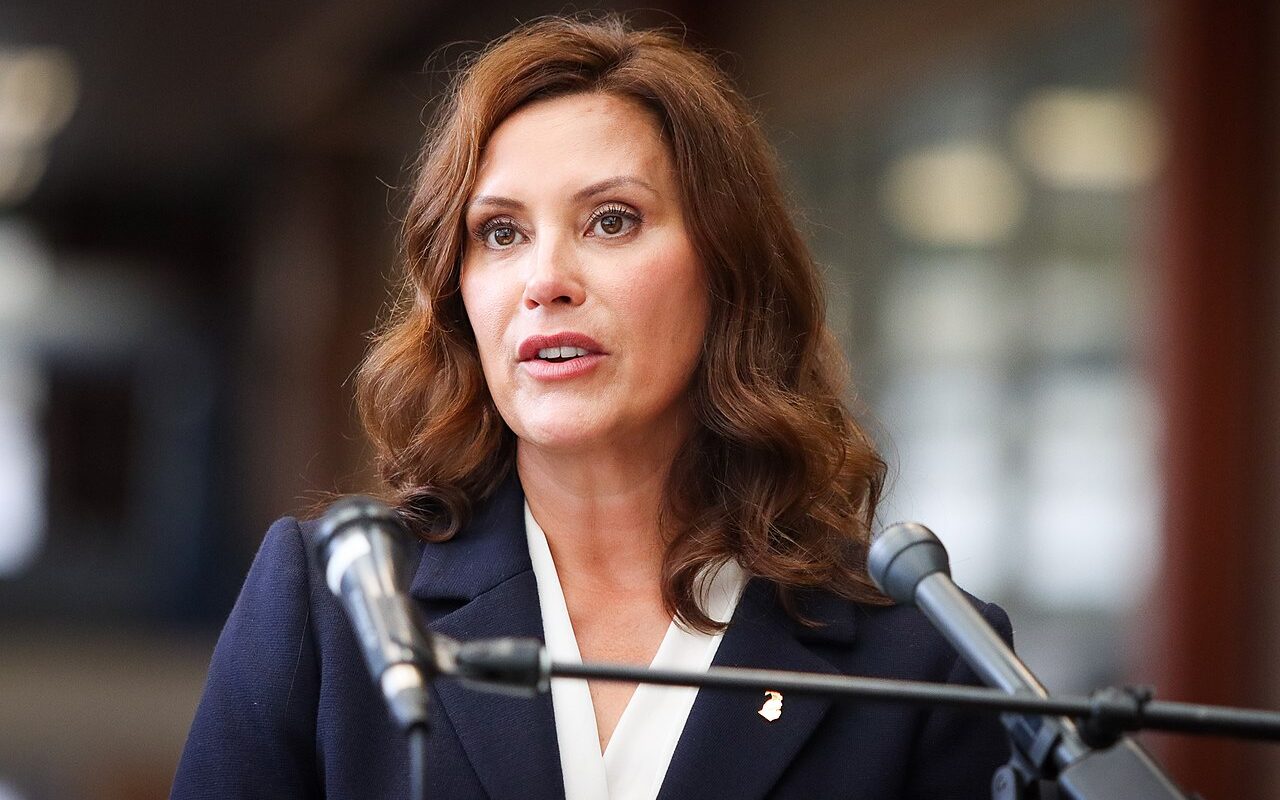Governor Gretchen Whitmer’s administration is seeking to open the Michigan mental health system management to competitive bidding, raising concerns over local control.
Competitive Bidding Announcement Sparks Tension in Michigan’s Mental Health Community

The State of Michigan has announced a sweeping change to how its public community mental health system could be managed. On August 4, 2025, Governor Gretchen Whitmer and Michigan Department of Health and Human Services (MDHHS) Director Elizabeth Hertel confirmed that oversight of the state’s county-based mental health system will be put out for competitive bid.
The plan would allow private health plans, including out-of-state corporations, to compete for contracts to manage mental health services currently overseen by local Community Mental Health (CMH) agencies, some of which have operated for more than 60 years.
The move has prompted immediate concerns from local directors, staff, and advocates who say privatization could erode access to treatment, restrict services, and weaken a system that has historically been grounded in local governance.
Concerns Over Corporate Influence and Service Denials
In a statement, Tracey Dore, executive director of Huron Behavioral Health and a 32-year veteran of the CMH system, warned that the shift risks replacing community-based care with profit-driven health plan oversight.
“Health plans don’t make money by providing services; they make money by denying and limiting services,” Dore said. “If you’ve ever tried to get a specialty service through a private insurer, you know the obstacles.”
Critics argue that mental health care, especially crisis intervention, cannot be reduced to insurance models designed to limit costs. They say local agencies, while imperfect, are better positioned to respond quickly and with an understanding of community needs.
Tragedy and Calls for Accountability
The announcement came less than two weeks after a mass stabbing at a Walmart in Traverse City on July 27, which left 11 people injured. News reports revealed that the suspect had prior involvement in both the legal and mental health systems.
The tragedy has fueled debate about whether Michigan’s public mental health framework is failing. Advocates counter that individual choice—protected under state and federal law—means treatment cannot be forced unless mandated by a court. “Treatment works,” Dore noted, emphasizing that outcomes are overwhelmingly positive when individuals adhere to prescribed care.
She added that systemic blame ignores the reality of patient choice and the inherent challenges of voluntary care.
A System with Documented Success and Struggles
Michigan’s CMH agencies operate under a guiding principle: local people caring for local people. For decades, they have helped residents secure jobs, live independently, and reconnect with families.
At the same time, staff often confront heartbreak when individuals decline treatment or abandon services. Those experiences, leaders say, highlight both the strength and limits of a voluntary system rooted in patient rights.
Advocates argue that turning management over to private health plans risks undermining those hard-won relationships in favor of distant decision-making.
The Debate Over Reform vs. Privatization
Supporters of the administration’s plan say competitive bidding could introduce new efficiencies and encourage innovation. But opponents caution that privatization has historically led to service cuts.
In neighboring states, shifts from community-based models to corporate-managed systems have generated criticism from families and providers who report narrower networks and longer wait times.
The Michigan Association of Community Mental Health Boards has not yet issued a formal statement, but several directors have voiced strong opposition in local outlets, calling the proposal an “existential threat” to community governance of behavioral health.
Next Steps and Public Response
The competitive bid process is still in its early stages. The state has not specified which health plans might participate or how contracts would be awarded.
For now, local leaders are urging residents to act. Dore encouraged Michigan residents to call Governor Whitmer’s office at 517-335-7858 and voice support for keeping county-based CMH agencies in place.
The outcome could reshape how more than 300,000 Michiganders receive behavioral health services annually.
Related Coverage
- “Whitmer Seeks to Expand Medicaid Behavioral Health Programs” – Bridge Michigan
- “Competitive Bidding in Public Mental Health: Lessons from Other States” – Kaiser Family Foundation
- “Traverse City Walmart Stabbing: Community Seeks Answers” – Detroit Free Press
Read More Interesting Feature Stories From ThumbWind
- Michigan Feature News Stories – Unveiling the diverse and vibrant people, captivating places, and remarkable events that come together to make the Great Lake State unique.
- Strange Political News – A sarcastic take on official news from around the U.S., exploring the absurdities that often arise in the political landscape while providing a humorous perspective on current events and highlighting the quirks of politicians and policies.
- Michigan Hometown News – News and events from Michigan’s Upper Thumb region worth knowing, including local stories, impactful interviews, and updates on community happenings that shape the culture and lifestyle of the area.
Your Turn – Like This, or Hate it – We Want To Hear From You
Please offer an insightful and thoughtful comment. We review each response. Follow us to have other feature stories fill up your email box, or check us out at ThumbWind News.




